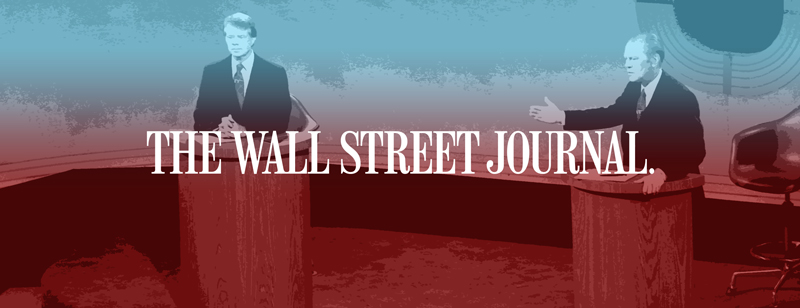If scientists purport to serve society’s need to uncover answers that illuminate the nature of our world, why would they leave open questions unexplored?
Yet, in his 2014 book on modern evolution, science writer and former New York Times science editor Nicholas Wade suggests that the pressure of political correctness has forced us into exactly this predicament.
In A Troublesome Inheritance: Genes, Race and Human History, Wade argues that science seems to be ignoring rather concrete evidence that identifies genetic differences between human beings. Heads of researchers turn away from the subject, he writes, due to institutionalized fear of “being smeared with insinuations of racism” and jeopardized careers.
READ REMARKS....







